 American voters have a dilemma. In a democratic system, a candidate requires the support of many voters to win, making it practical to vote for more popular candidates an individual doesn’t support.
American voters have a dilemma. In a democratic system, a candidate requires the support of many voters to win, making it practical to vote for more popular candidates an individual doesn’t support.
Tyler Brooks, clinical laboratory science freshman, said she is voting for Democrat Hillary Clinton come Nov. 8. However, Clinton is not her favorite candidate.
“I don’t like Hillary or Trump. I kind of want to vote third party but I don’t know if it will be worth it because it will split up the votes, so I will probably just vote Hillary because I really don’t want Trump to win,” Brooks said.
This line of thinking isn’t common to all of the voters within America this year. According to the Federal Election Commission, third parties got 1.74 percent of the popular vote in the 2012 election, however the student poll showed with a margin of error of 10 percent that 31.25 percent of students polled who are likely voters are considering a third party vote, almost an eight times increase since the last election.
Zachery Nemcek, physiology sophomore, is one such third party voter.
“It might be entirely a wasted vote, but at least I know it will be somebody who I am happy with and I won’t have to be choosing between a lesser of two evils,” Nemcek said.
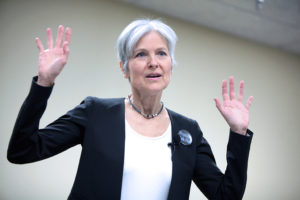
Nemcek is voting for Jill Stein, Green Party candidate, and feels that neither Clinton nor Donald Trump, Republican Party nominee, is worth his vote.
“They aren’t campaigning. They’re showboating,” Nemcek said.
Still, not all voters are choosing to not vote for third parties this year out of a belief they have no chance to win. Marissa Lopez, athletic training and exercise physiology freshman, said she is a Trump voter who genuinely supports Trump.
“I like his ideals,” Lopez said.
Additionally, third parties face the problem of recognition. While Republicans and Democrats get enough media coverage to get their name and beliefs out, this isn’t necessarily true for third parties, who struggle just to get any media coverage.
“I don’t know a lot about the third parties,” said Lopez.
Between the lack of familiarity within the voter base and the amount of people who genuinely agree with the two mainstream parties, third parties might not be able to win an election even if fears about a vote being a waste were set aside.
Even though the polls don’t show a statistical chance for third parties to win this election, that doesn’t mean they have no impact upon the country.
Everett Kindig, professor of history, said he believes third parties serve an important role in politics without having to be elected.
“For the most way they are a hint of what may come. Most of the times they are a voice for the marginalized peoples,” Kindig said.
Although in the past there have been a few instances of a third party coming out and winning the presidency, such as when Abraham Lincoln became the first Republican president, Kindig said he does not think this election cycle will be the same.
In recent national polls, neither Clinton nor Trump possesses a majority, with Clinton only ahead in a plurality. But the results of this election could theoretically change if third party candidates throw their support behind Clinton or Trump.

Kindig, however, said he does not believe third parties are actually going to change the outcome of this election. Evan McMullin, independent candidate, and Gary Johnson, Libertarians nominee, draws about as many votes from the Republican party as Stein and Johnson draw from the Democrats according to Kindig.
One factor in the nonviability of third parties throughout the year is America’s Electoral College and winner-takes-all system. American voters in reality only indirectly elect who is president by giving their recommendation to the Electoral College.
That a candidate only gets more electors by winning a state means voters in a state that know their candidate is unlikely to win are discouraged from even bothering to vote at all. This affects not only third party voters as well as Democratic and Republican voters.
Danny Woodard, computer science junior, is one such voter.
“Voting for anyone that is not Republican in Texas is pointless to me. I don’t think my Democratic vote actually means anything,” Woodard said.
Other systems
If all states were to either abolish the electoral system, or all change to a system of traditionally allocating electors proportionally to the popular vote, fewer voters would feel like their vote for a losing candidate is a complete waste.
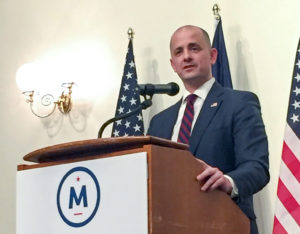
Countries such as Australia attempt to alleviate voters like Brooks’s concern about a split vote giving the election to someone they dislike the most, via the instant runoff system. Australia uses the instant runoff system when there are more than two candidates, with voters rating candidates based on order of preference. The ballots are counted first by their top choice and if one of the candidates receives more than 50 percent of the vote, they win the election. If no one wins by majority, such as how the polls suggest the popular vote could turn out in the United States this year, the candidate receiving first preferences least is removed. This process repeats until one candidate has secured a sufficient majority.
Under such a system, voters like Brooks could rate Stein as their first choice and Clinton as their second. If Stein were the least popular candidate, Brooks’s vote would transfer to Hillary instead without having to worry about her choice helping Trump by denying Clinton a vote.
More about the third party candidates
Jill Stein
- Desires campaign finance reform
- Desires to improve the environment
- Desires marijuana legalization
- Desires to replace the Affordable Care Act with a universal, publicly funded single payer healthcare coverage program
- Desires public funding for university tuition and student debt relief
- Desires to reduce military intervention abroad
- Desires to reduce military spending
- Desires to raise the income tax rate for wealthy individuals
Gary Johnson
- Desires to protect citizens personal and economic liberty
- Desires to reduce regulations
- Desires marijuana legalization
- Desires to reduce government spending and entitlement programs
- Desires to reduce military intervention abroad
- Desires to reduce military spending
- Desires to lower taxes
Evan McMullin
- Desires to reduce deficit
- Desires to defend state rights
- Desires drug treatment programs
- Desires to reduce government spending and entitlement programs
- Desires to continue America’s role in international leadership
- Desires to improve the military and national defense
- Desires to lower taxes
Additional writing and reporting by Cameron McEnturff.
RELATED STORIES
- In tight election, Trump squeaks by by Jeromy Stacy
- Hillary Clinton first female on major party ticket by Kelsey Purcell
- Jesse Brown makes uncontested bid for city council by Michelle Dickey
- Jesse Brown: the man behind the city council candidate by Michelle Dickey
- MSU alum Santellana wins mayoral seat by Dewey Cooper
- Student debaters talk political stereotypes by Brendan Wynne
- First student debate provides silver-lining for students by Dylan Hall
- Republicans and Democrats battle at podium by Chris Norrie
- Race relations impacting minorities votes in the fall election by Alyssa Mitchell
- The Electoral College: It’s who you’re really voting for by Emily Simmons
- Record levels of dissatisfaction fuel election trends by Garrett Hutchinson
- Medical records, tax returns and emails: Nothing is private when running for office by Jonathan Benyarko
- Students back national Republican trends on immigration by Stephen Gomez
- Third parties and the “wasted” vote by Caleb Sneath
- International view: America overlooks choice by Jeanette Perry
- Students don’t think national security is an important issue by Rodrigo Mireles



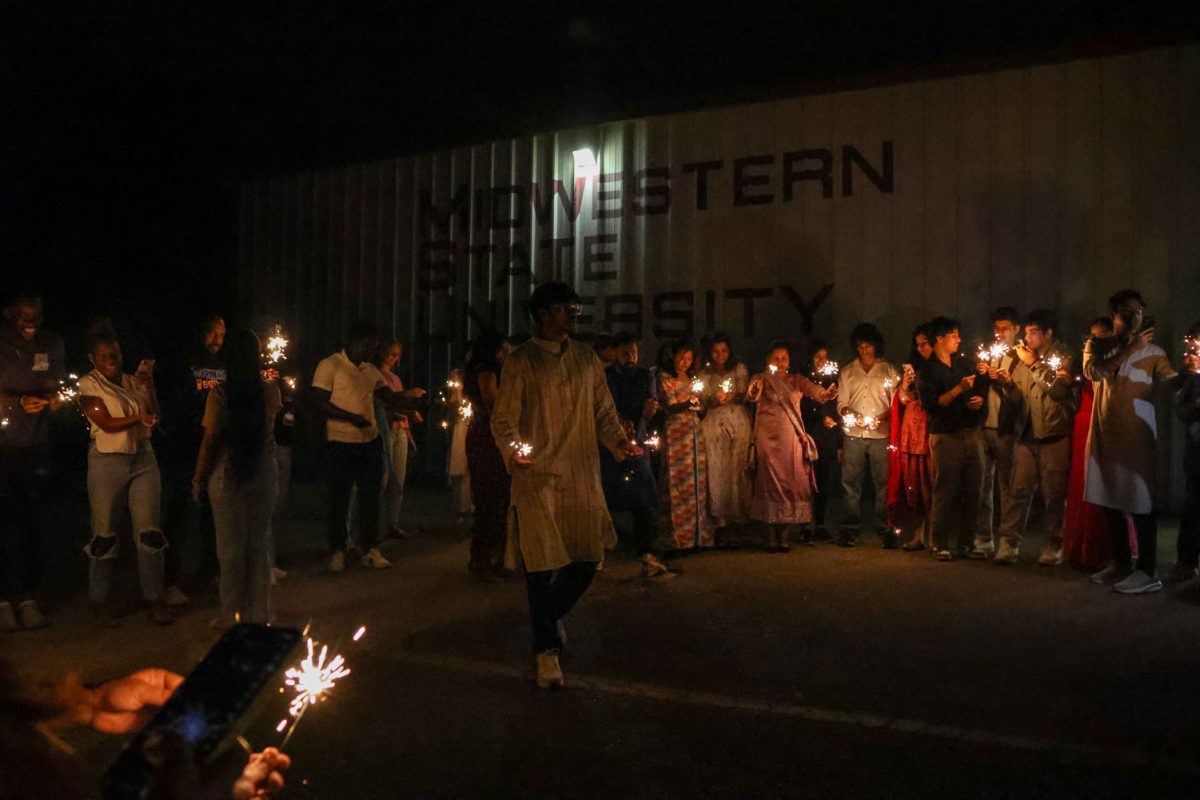
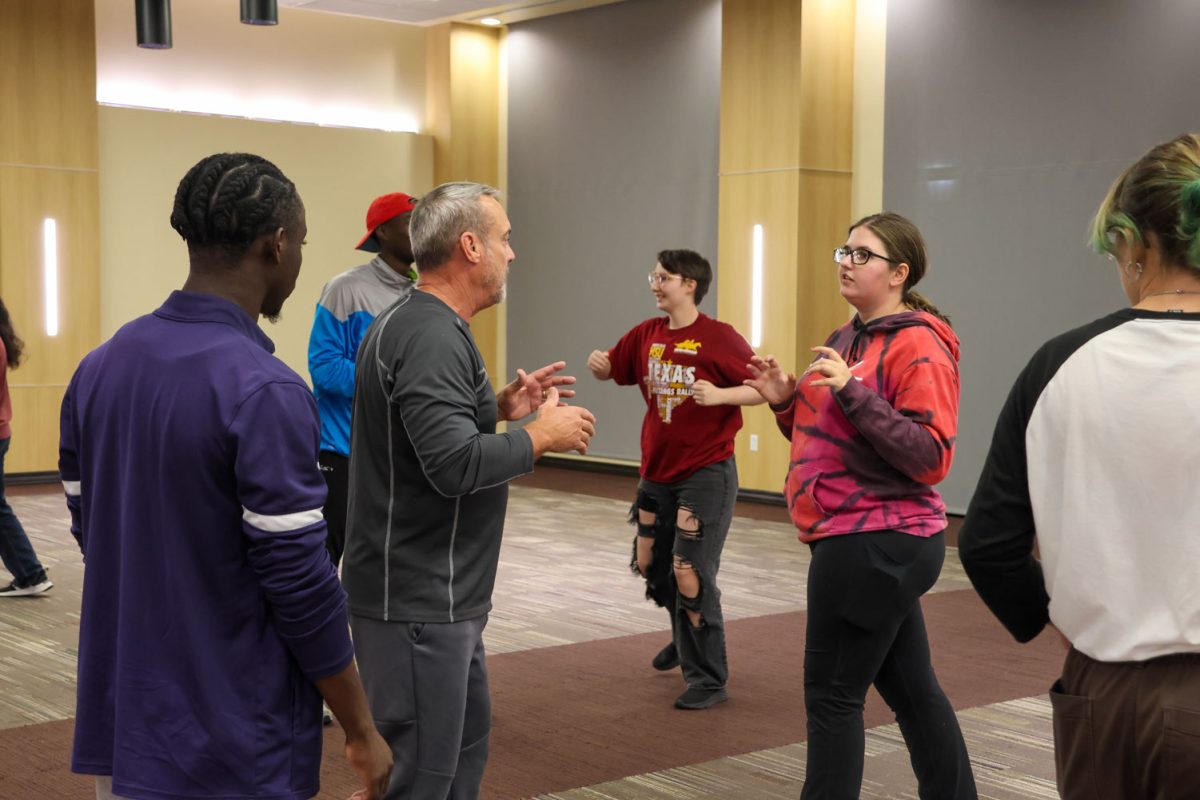
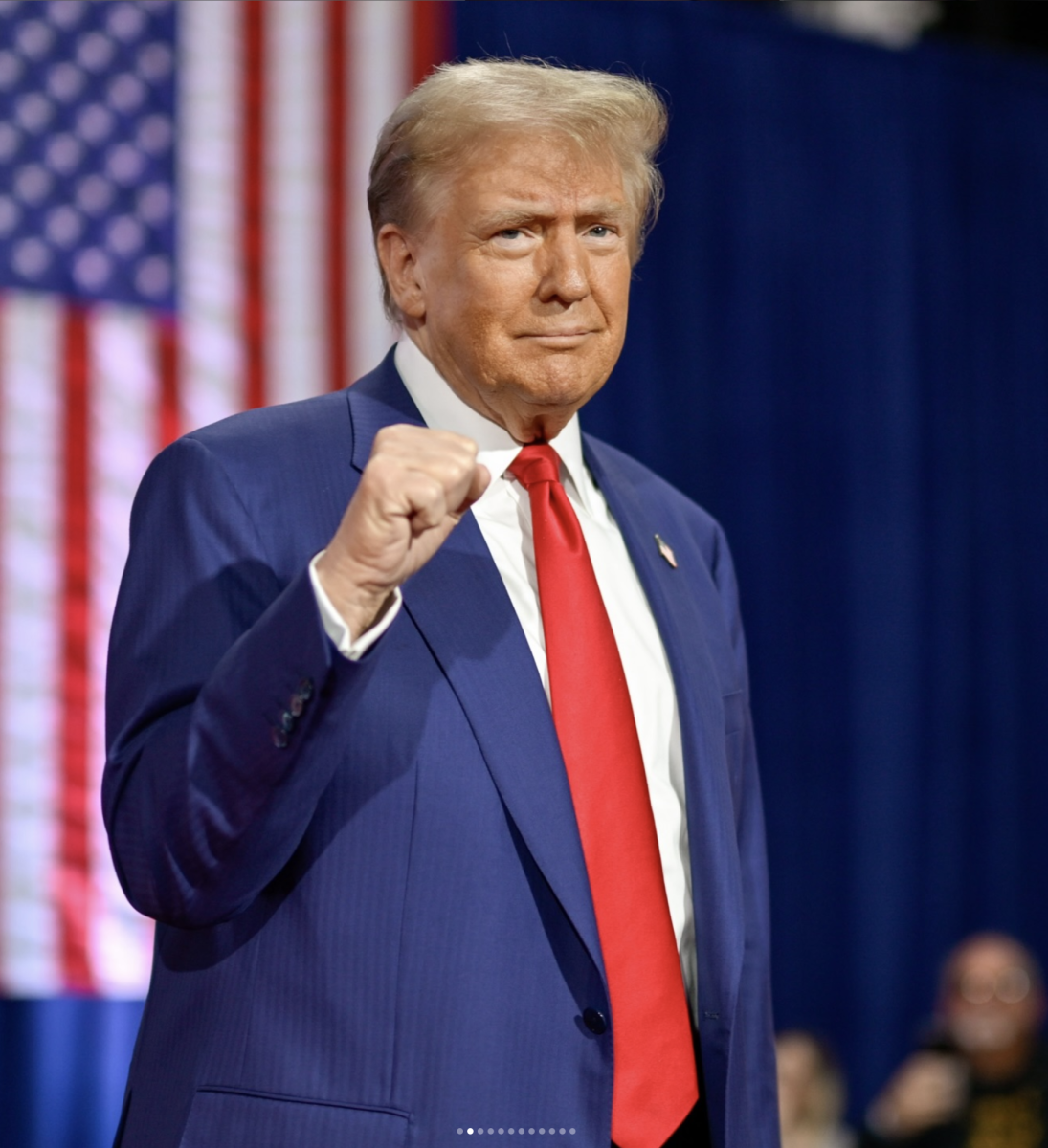
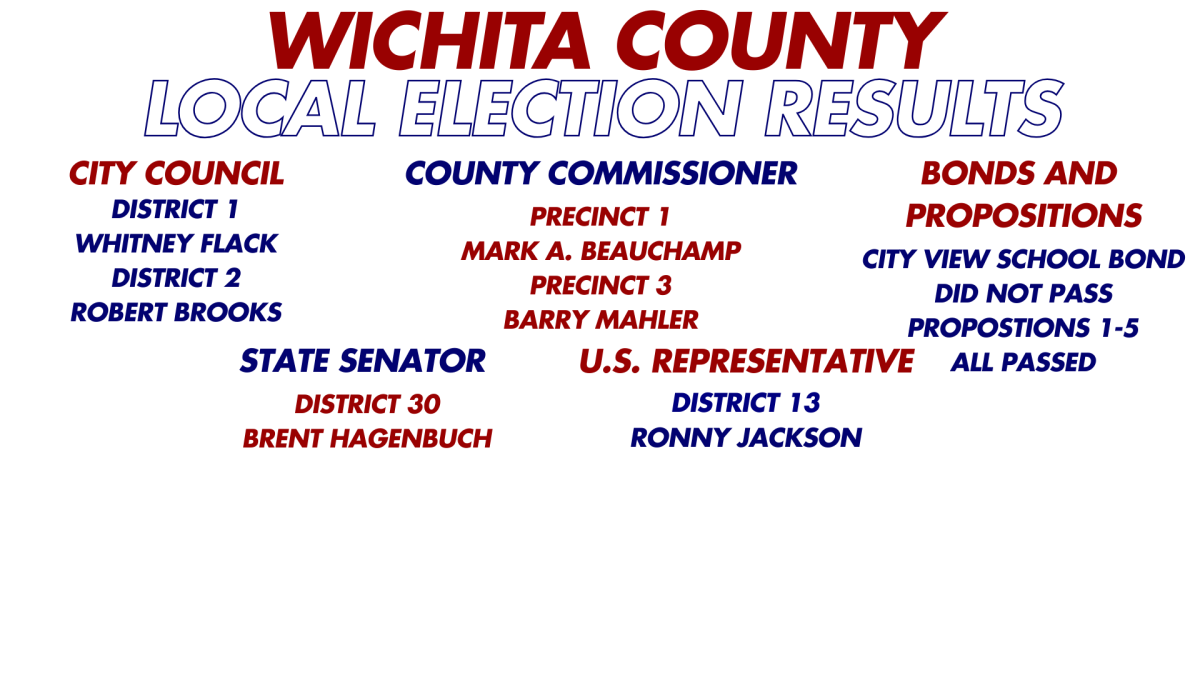
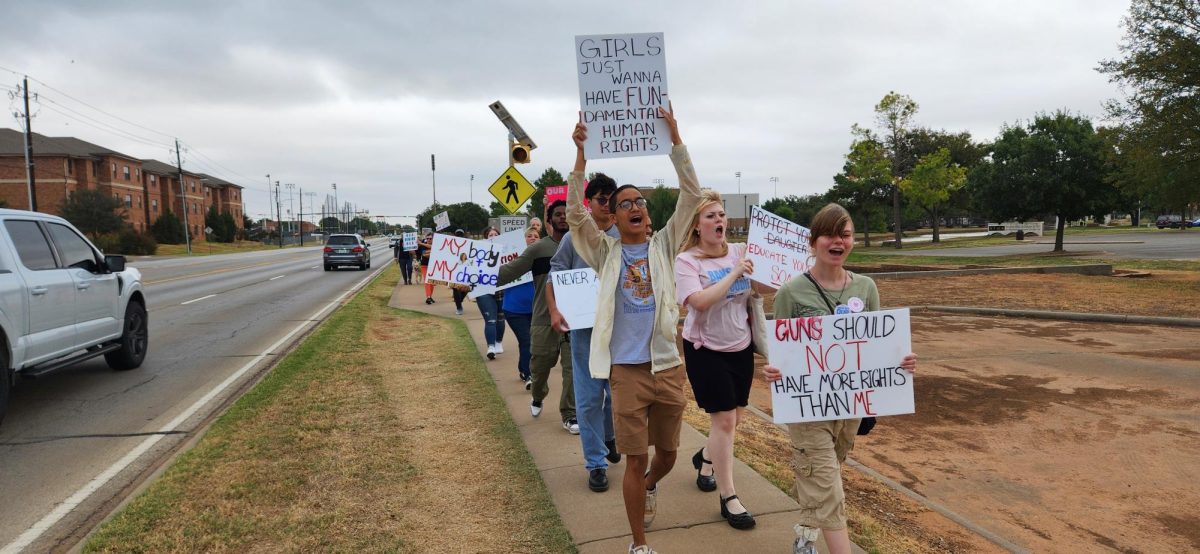
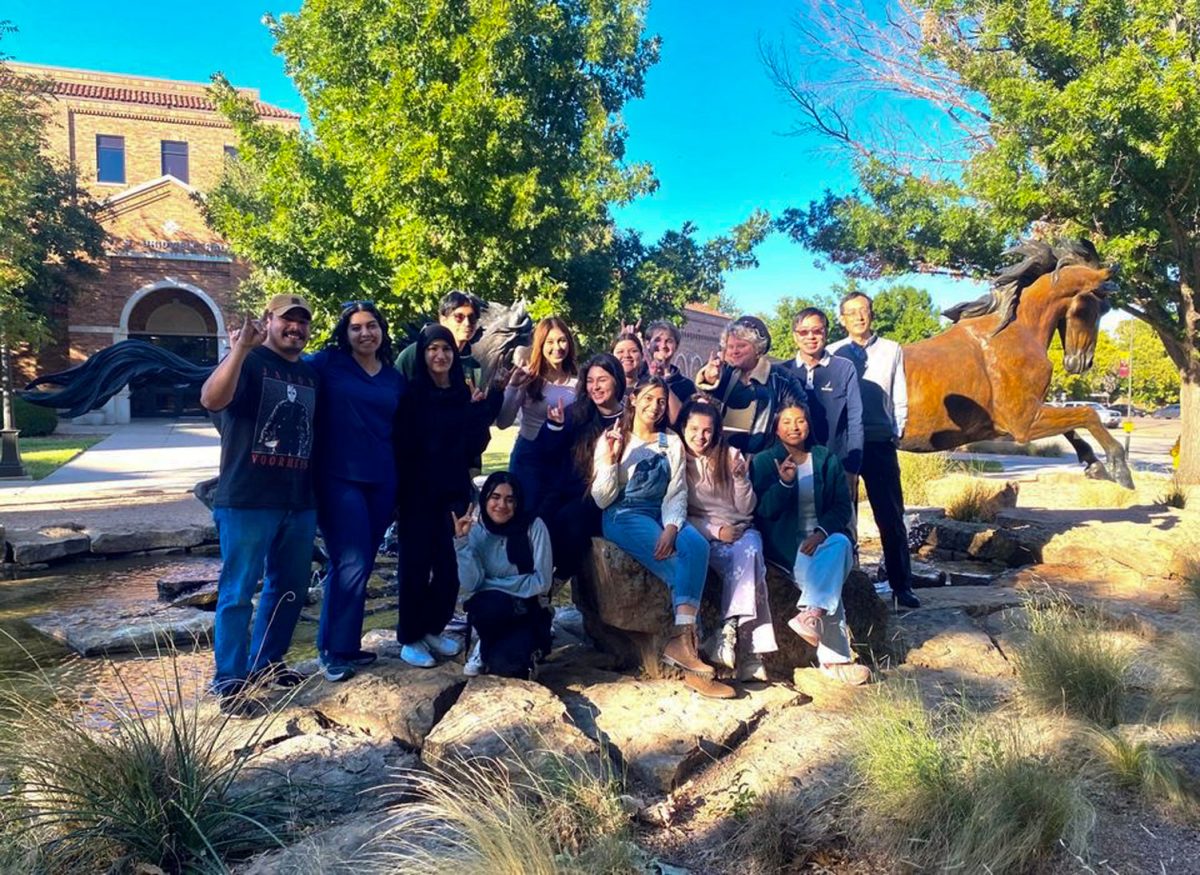

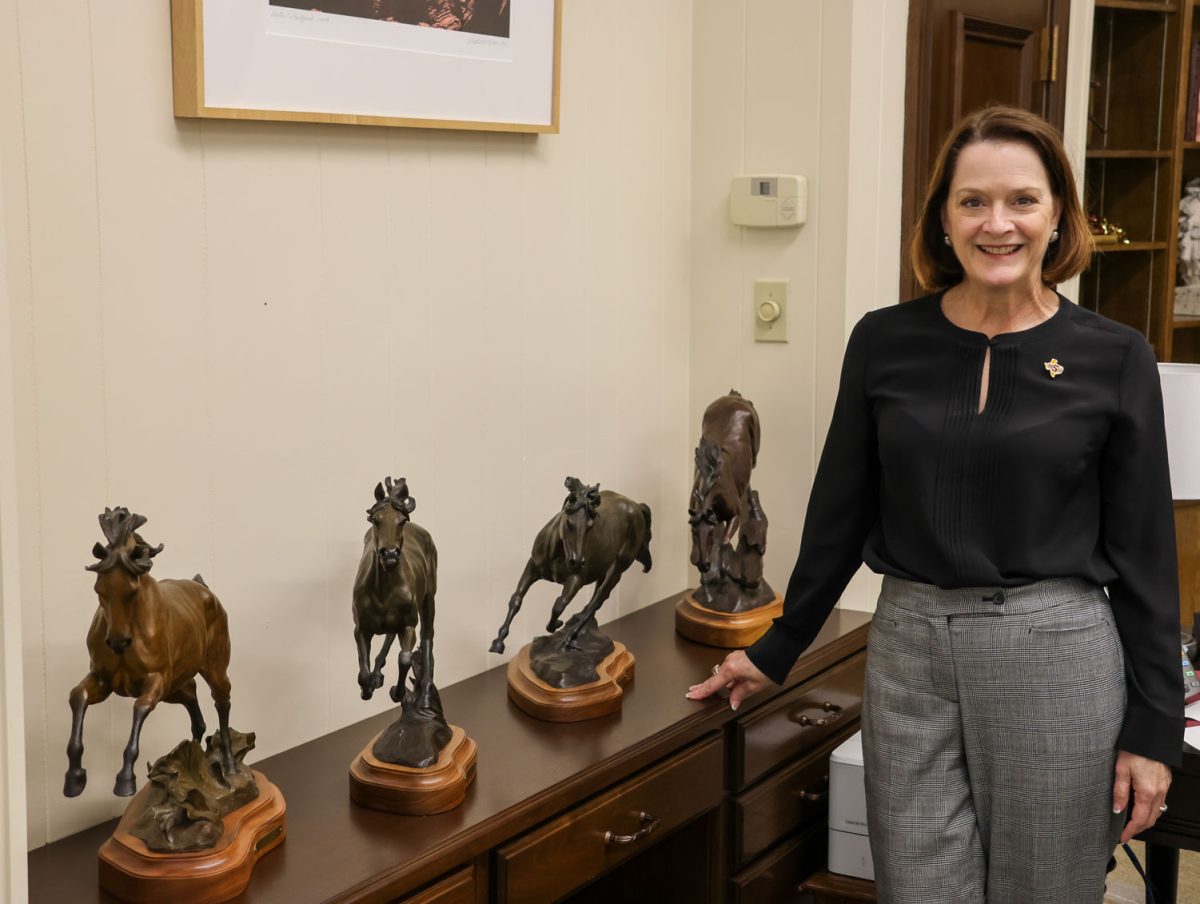
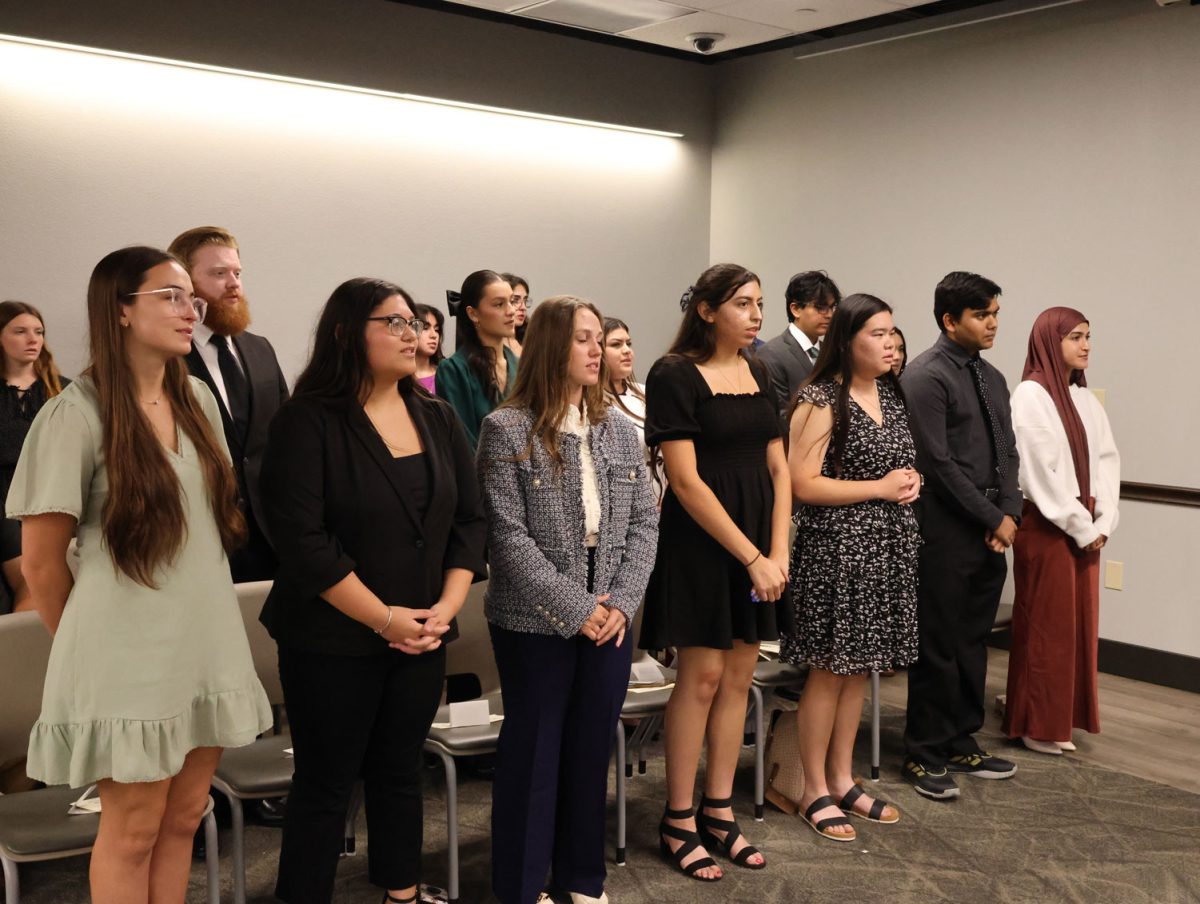
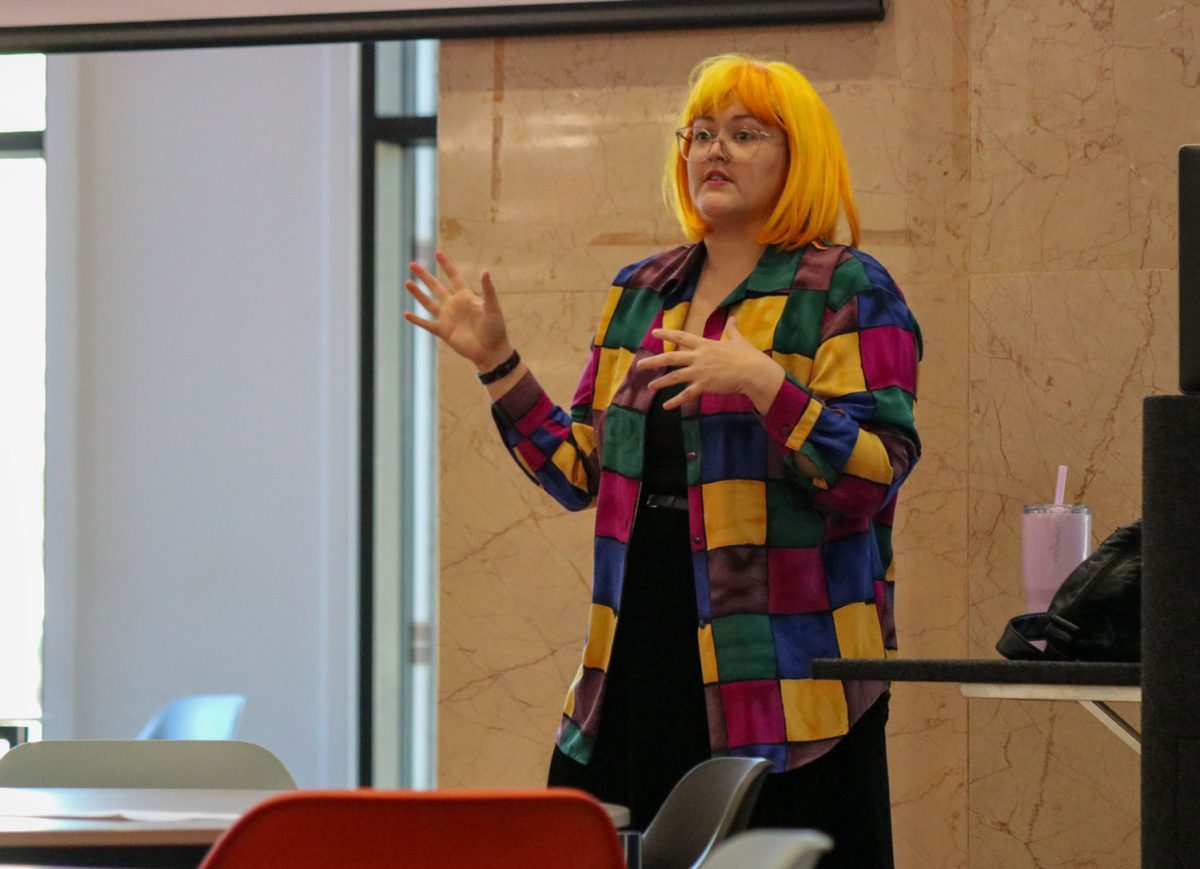
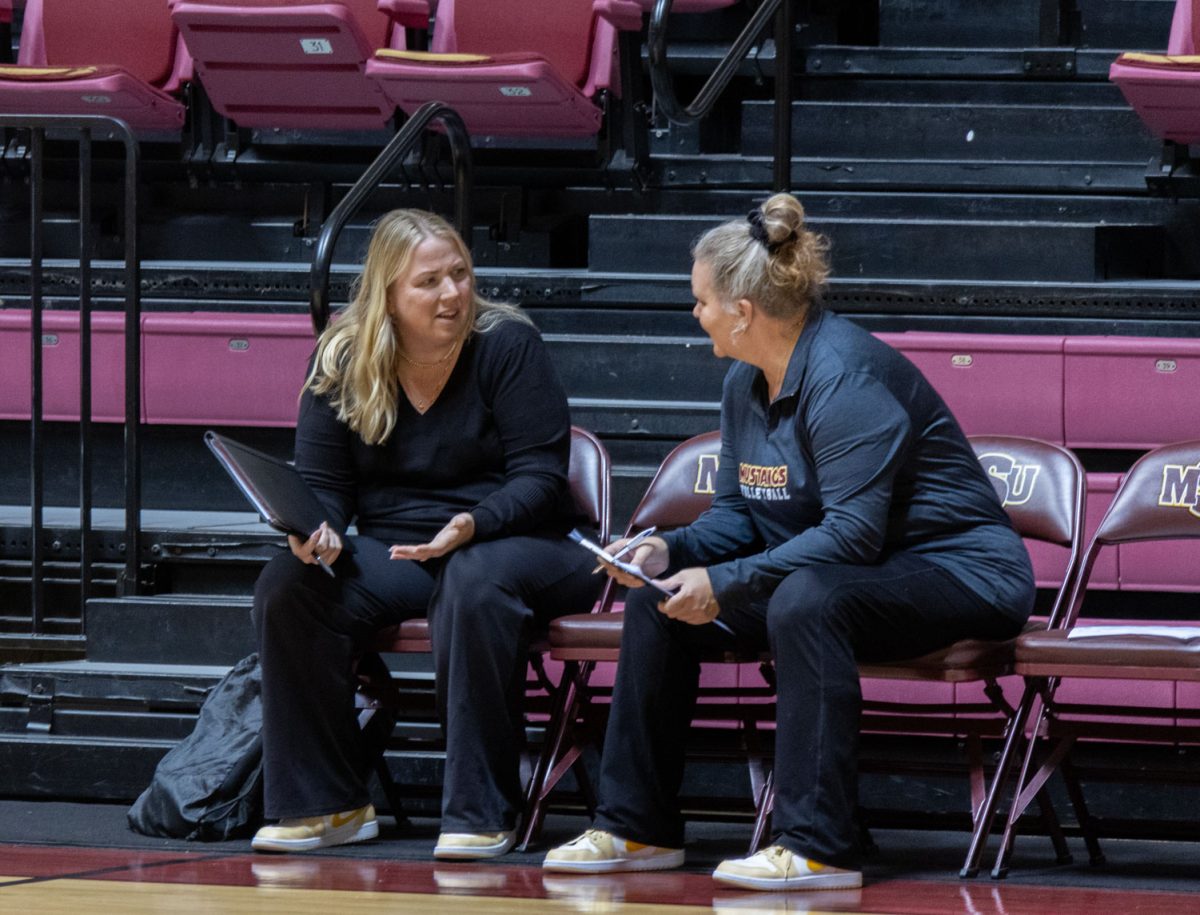

Markell Braxton-Johnson • Nov 7, 2016 at 5:56 PM
Voting for the lesser of two evils only props up the parties that spawn said (evil) candidates. Choosing to vote third party, especially in this election, is not a wasted vote; rather it is an affirmation of your principles and a signal to the establishment parties that their rigged duopoly is soon to be dismantled. I am glad to hear from other college students who reject voting for a political candidate based on who is less evil or who is more likely to win. Ultimately, casting a principle-based vote — a vote for the person who you think would be best for the country — is what democracy is all about.